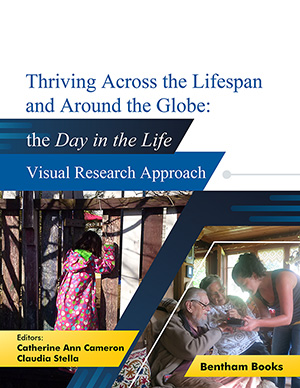Abstract
This chapter examines what farm workers do in a home-base community when not working, before or after work for a job they have, or when not currently employed. Field data extend the theme of home-base explored in Chapter 2 by comparing the time that workers spend in clusters (field notes) with drug use (survey protocols). Outdoor clusters bring together men and some women under the conditions of camaraderie, when these individuals are not waiting for a ride that requires a demeanor of labor readiness. Talking is the main activity in cluster formations, which brings out participant sociability. Among concerns discussed in these gathering is where and how to secure and sustain work. Where drugs can be secured is less often voiced in public, because most those present are non-users or those who limit their consumption to alcohol, which takes place more often at living sites than around the staging area. When participating in clusters, drug users readily “mix” with non-users.
The chapter opens with a synopsis of four types of drug transactions in agricultural communities, which were encountered in breadbaskets where extended ethnography was conducted. These practices are linked to the cultural traditions of individuals who live and work in farming communities.
Keywords: Bridging, Casual Players, contact intensification, contact-activities, drug transactions, hanging-out, hidden consumption, movement and performance, network formation, peripheral learning, person-contacts, reasonable doubt, reciprocal actions, Regular Players, social connectedness, staging area, strong ties, transition, uncivil, weak ties.













